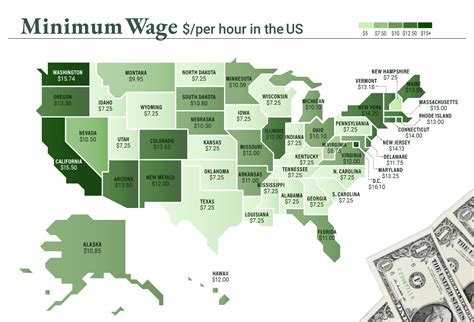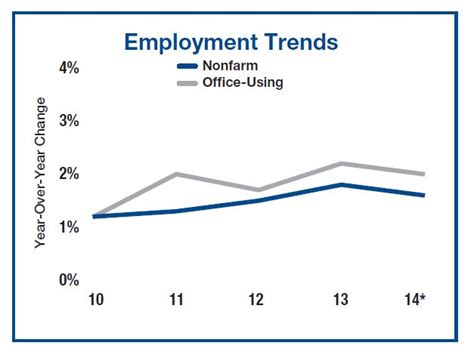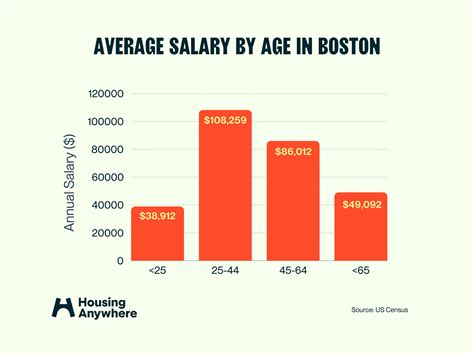Boston, Massachusetts, is a global hub for education, technology, and healthcare, offering a wealth of career opportunities. But its status as a premier city comes with a high cost of living. If you're considering a move or starting your career here, your first question is likely: "What is the minimum salary I need to make it in Boston?"
The answer is complex. While Massachusetts has a legal minimum wage, the *livable* wage—the amount needed to cover basic expenses—is significantly higher. This article will break down the legal minimum wage, the realistic salary required for a comfortable life in Boston, and the key factors that will determine your earning potential in this dynamic city.
What is the Minimum Wage in Boston?

First, let's address the legal baseline. The city of Boston adheres to the statewide minimum wage set by the Commonwealth of Massachusetts.
As of 2024, the minimum wage in Massachusetts is $15.00 per hour, according to the official Mass.gov website. For a full-time employee working 40 hours per week, this equates to a gross annual salary of $31,200.
For tipped employees, such as restaurant servers, the minimum wage is $6.75 per hour, with the expectation that tips will bring their total earnings to at least the $15.00 per hour standard.
While this $15.00 figure is the legal floor, virtually no financial expert would consider it a sustainable salary for living independently in Boston due to the city's high expenses, particularly housing.
Beyond the Minimum: What is a "Livable Wage" in Boston?

A livable wage is the income required to meet basic needs like housing, food, transportation, and healthcare, without relying on public assistance. This figure provides a far more realistic benchmark for what you need to earn.
The MIT Living Wage Calculator is a highly respected source for this data. For Suffolk County (which includes Boston), their early 2024 estimates show a stark contrast to the legal minimum wage:
- A single adult with no children needs to earn $28.14 per hour, or a gross annual salary of approximately $58,531.
- Two adults (with both working) and no children each need to earn $19.67 per hour for a combined household income of over $81,000.
- A single adult with one child needs to earn $47.93 per hour, or a gross annual salary of nearly $99,700.
These figures illustrate that the salary needed to simply *get by* in Boston is nearly double the legal minimum wage for a single person and even higher for those with dependents.
Key Factors That Influence Your Required Salary and Earning Potential

Your personal salary needs and what you can expect to earn are influenced by several critical factors. Understanding these will help you plan your career and finances in Boston.
### Level of Education
Your educational background is a primary driver of earning potential. While a high school diploma may qualify you for minimum wage jobs, a bachelor's or advanced degree opens the door to Boston's most lucrative industries. For example, roles in biotechnology, finance, and software engineering often require a bachelor's degree at minimum and offer salaries well above the livable wage threshold.
### Years of Experience
Experience directly translates to higher pay. An entry-level professional will earn significantly less than a senior-level manager in the same field. Data from Salary.com shows that across all industries in Boston, salaries can increase by 50-100% or more as an individual progresses from an entry-level position to a senior or leadership role over the course of their career.
- Entry-Level (0-2 years): Typically earns at or slightly above the local livable wage, depending on the industry.
- Mid-Career (5-10 years): Can expect substantial salary growth and greater financial comfort.
- Senior/Leadership (15+ years): Often commands salaries in the top quartile for their profession.
### Area of Specialization and Industry
Boston's economy is powered by several high-paying industries. Your choice of specialization will have the single largest impact on your salary. According to the U.S. Bureau of Labor Statistics (BLS), median salaries in the Boston-Cambridge-Nashua metropolitan area for key professions are robust:
- Software Developers: Median annual wage of $144,480 (May 2023).
- Registered Nurses: Median annual wage of $105,580 (May 2023).
- Financial Managers: Median annual wage of $178,200 (May 2023).
- Market Research Analysts: Median annual wage of $92,600 (May 2023).
Working in thriving sectors like life sciences, technology, or finance will provide a much higher earning potential than retail or hospitality.
### Company Type and Size
The type of company you work for matters. A startup may offer lower base pay but compensate with equity, while a large, established corporation in the Financial District or Seaport is likely to offer a higher base salary and more comprehensive benefits. Non-profit organizations and public sector jobs, while offering stability and personal fulfillment, generally have lower pay scales than their private-sector counterparts. According to Glassdoor, large tech companies like Google and Meta, which have a significant Boston presence, consistently pay above-market-rate salaries to attract top talent.
### Geographic Location (Your Neighborhood)
While we're focused on Boston, the specific neighborhood you choose to live in dramatically affects your required "minimum" salary due to housing costs. Rents in desirable areas like Back Bay, Beacon Hill, or the Seaport can be double the cost of more affordable neighborhoods like Dorchester, Roslindale, or Allston. Choosing a neighborhood with more reasonable rent or access to public transit can significantly lower the salary you need to live comfortably.
Job Outlook for Boston

The career outlook in Boston remains exceptionally strong. The BLS projects continued growth, particularly in the city's pillar industries. The region is a leader in medical research, pharmaceutical development, and technological innovation, creating a constant demand for skilled professionals.
Employment in Professional, Scientific, and Technical Services and Health Care and Social Assistance are expected to see the most significant growth. This robust job market means that while the cost of living is high, the opportunity to secure a high-paying job to support it is also strong, especially for those with in-demand skills and education.
Conclusion: Planning Your Boston Career

To summarize, navigating the financial landscape of Boston requires a clear-eyed view of the realities of its cost of living.
- The Legal Minimum: The legal minimum wage is $15.00/hour, but this is not a sustainable long-term salary for living in the city.
- The Livable Minimum: A more realistic minimum for a single person is closer to $58,000 per year, with needs increasing sharply for families.
- Your Earning Potential is Key: Your ultimate success will be determined by your industry, experience, and education. Boston offers immense opportunities, with median salaries in many professional fields landing well into the six figures.
For anyone considering a career in Boston, the message is clear: the city is expensive, but it rewards skilled and educated professionals with high salaries and a vibrant job market. Your goal should not be to earn the *minimum* wage, but to target a career in one of Boston's thriving sectors to build a prosperous and fulfilling life in one of America's greatest cities.
